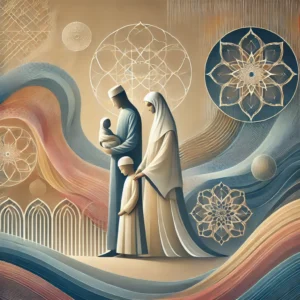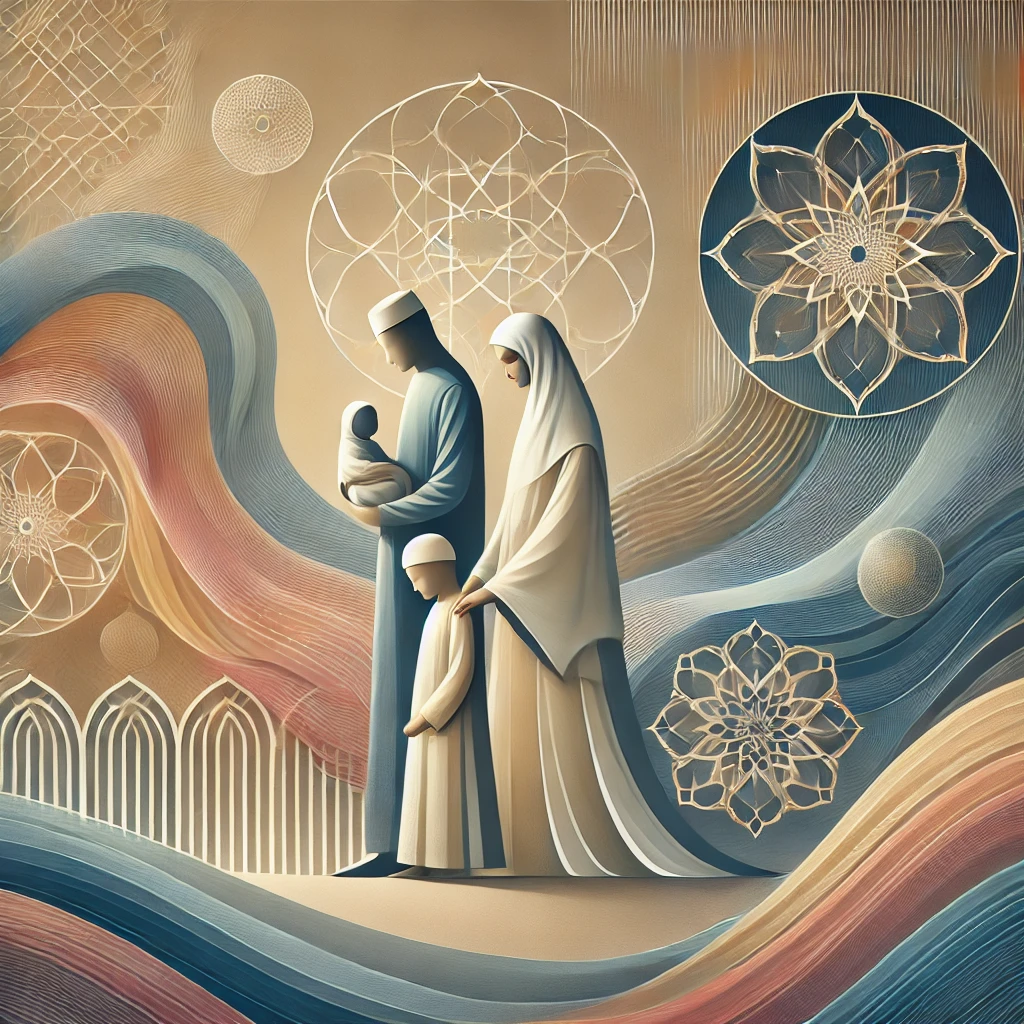The Quran, as the ultimate guide for humanity, emphasizes the importance of gratitude and reflection as central themes in a believer’s life. Gratitude (Shukr) is considered a fundamental aspect of faith, and the Quran constantly reminds believers to be thankful for the countless blessings bestowed upon them by Allah. Reflection (Tafakkur), on the other hand, encourages believers to contemplate the world around them, the creation of the heavens and the earth, and the signs of Allah in every aspect of existence. Together, these themes create a powerful framework for living a spiritually fulfilling and mindful life.
One of the key messages of the Quran is to recognize and appreciate the blessings of Allah. In Surah Ibrahim, the Quran states, “And if you should count the favors of Allah, you could not enumerate them. Indeed, Allah is Forgiving and Merciful.” (Surah Ibrahim, 14:34). This verse highlights the overwhelming abundance of Allah’s blessings and encourages believers to express gratitude for the countless gifts they receive daily. From the air they breathe to the food they eat, every aspect of life is a sign of Allah’s mercy and generosity. Gratitude, therefore, becomes a way of acknowledging Allah’s role as the Sustainer and Provider.
The Quran also teaches that gratitude is not merely a feeling but must be expressed through action. Believers are encouraged to show their gratitude by worshiping Allah sincerely, obeying His commands, and using the blessings they have been given for good. In Surah Al-Baqarah, the Quran reminds believers, “So remember Me; I will remember you. And be grateful to Me and do not deny Me.” (Surah Al-Baqarah, 2:152). This verse emphasizes the importance of actively remembering Allah and expressing gratitude through deeds, such as prayer, charity, and acts of kindness.
While the Quran calls for gratitude, it also warns against the dangers of ingratitude (Kufr). Ingratitude, in the Quranic sense, is seen as a form of denial of Allah’s favors. It is not only a failure to recognize Allah’s blessings but also a refusal to use those blessings for good. In Surah Ibrahim, the Quran states, “And [remember] when your Lord proclaimed, ‘If you are grateful, I will surely increase you [in favor]; but if you deny, indeed, My punishment is severe.’” (Surah Ibrahim, 14:7). This verse illustrates the consequences of ingratitude, warning that those who fail to recognize and appreciate Allah’s gifts risk losing them and facing divine displeasure.
Reflection is closely tied to gratitude in the Quran. By reflecting on the creation of the heavens, the earth, and all that is within them, believers are reminded of Allah’s greatness and their dependence on Him. In Surah Al-Imran, the Quran calls upon believers to reflect: “Indeed, in the creation of the heavens and the earth and the alternation of the night and the day are signs for those of understanding.” (Surah Al-Imran, 3:190). This verse urges believers to ponder the world around them, to observe the beauty and intricacy of creation, and to recognize the signs of Allah’s existence in every detail.
The act of reflection in the Quran is not just about observing nature but also about contemplating one’s own life and purpose. The Quran encourages believers to reflect on their actions, their relationship with Allah, and the transient nature of worldly life. In Surah Al-Hadid, the Quran asks: “Has the time not come for those who have believed that their hearts should become humbly submissive at the remembrance of Allah and what has come down of the truth?” (Surah Al-Hadid, 57:16). This verse calls for self-reflection, urging believers to evaluate their spiritual state and return to the remembrance of Allah with sincerity and humility.
Gratitude and reflection are also deeply connected to the Quran’s emphasis on contentment. The Quran teaches that true contentment comes not from material wealth or worldly success but from being grateful for what one has and reflecting on the blessings of Allah. In Surah At-Tawbah, the Quran states, “Allah is pleased with them, and they are pleased with Him.” (Surah At-Tawbah, 9:100). This verse reflects the ultimate state of contentment, where the believer is pleased with whatever Allah has decreed for them, recognizing that every situation, whether good or difficult, is part of Allah’s divine plan.
Moreover, the Quran highlights that gratitude is a key to spiritual growth and success. Those who are grateful are promised an increase in blessings and closeness to Allah. In Surah Luqman, the Quran states, “And whoever is grateful, his gratitude is only for [the benefit of] himself. And whoever denies [His favor] – then indeed, Allah is Free of need and Praiseworthy.” (Surah Luqman, 31:12). This verse reminds believers that gratitude ultimately benefits the individual, as it brings them closer to Allah and fosters a deeper sense of spiritual fulfillment.
In conclusion, the Quran’s teachings on gratitude and reflection offer a profound way of living a mindful and spiritually aware life. By recognizing Allah’s blessings and contemplating the signs of His greatness in the world around them, believers are able to strengthen their faith and live in a state of thankfulness. Gratitude and reflection are not passive states but active practices that lead to greater contentment, spiritual growth, and a closer relationship with Allah. Through these practices, the Quran guides Muslims to appreciate the divine gifts in their lives and to live with humility, purpose, and gratitude.










